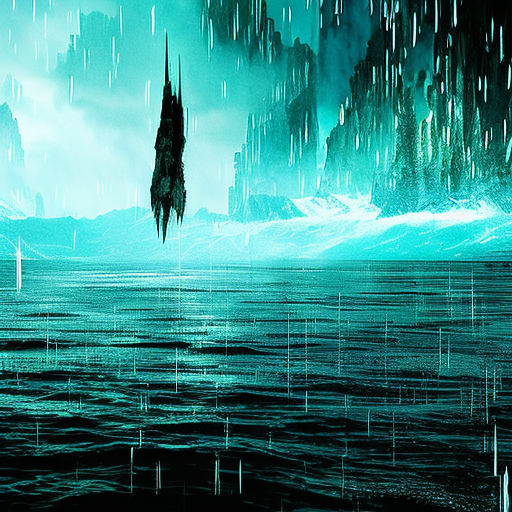One-line summary:
State of Fear is a thrilling novel by Michael Crichton that explores the dangers of eco-terrorism and the manipulation of public opinion in the name of environmentalism.
The Plot:
State of Fear follows the story of Peter Evans, a young lawyer who is drawn into a world of conspiracy and deception. Evans is hired by a wealthy philanthropist, George Morton, to investigate the suspicious death of his close friend, John Kenner. As Evans delves deeper into the case, he discovers that Kenner was involved in a secret organization called the National Environmental Resource Fund (NERF), which aims to expose the exaggerations and misinformation spread by environmental groups.
Evans teams up with Kenner’s former colleagues, including the beautiful and enigmatic Sarah Jones, to uncover the truth behind Kenner’s death and NERF’s mission. Their investigation takes them across the globe, from the jungles of Papua New Guinea to the icy peaks of Antarctica, as they confront eco-terrorists, corrupt politicians, and powerful organizations with hidden agendas.
The Themes:
Eco-terrorism and Environmentalism:
State of Fear raises important questions about the tactics used by some environmental groups to further their cause. It highlights the potential dangers of eco-terrorism and the manipulation of public opinion through fear and misinformation. Crichton challenges readers to critically examine the information presented to them and to question the motives behind environmental campaigns.
The Power of Media and Public Opinion:
The novel explores the influence of media and public opinion in shaping public perception and policy decisions. Crichton emphasizes the need for individuals to seek out accurate and balanced information, rather than blindly accepting what is presented to them. He warns against the dangers of groupthink and the suppression of dissenting voices.
Science and Skepticism:
State of Fear delves into the role of science in shaping public policy and the importance of skepticism in the face of scientific consensus. Crichton argues that scientific research should be subject to rigorous scrutiny and debate, rather than being treated as infallible truth. He highlights the potential for bias and manipulation within the scientific community.
Key Takeaways:
- State of Fear challenges readers to question the information they receive and to seek out multiple perspectives before forming opinions.
- The novel highlights the potential dangers of eco-terrorism and the manipulation of public opinion in the name of environmentalism.
- Crichton emphasizes the importance of skepticism and critical thinking, particularly in relation to scientific research and consensus.
- State of Fear serves as a reminder that the pursuit of truth and the protection of individual freedoms should always be prioritized, even in the face of popular opinion.
“The greatest challenge facing mankind is the challenge of distinguishing reality from fantasy, truth from propaganda.”
– Michael Crichton, State of Fear
In State of Fear, Michael Crichton weaves a thrilling tale that explores the dangers of eco-terrorism, the manipulation of public opinion, and the importance of skepticism in the face of scientific consensus. The novel serves as a cautionary reminder to question the information we receive and to seek out multiple perspectives before forming opinions. By challenging the tactics used by some environmental groups and highlighting the potential dangers of eco-terrorism, Crichton encourages readers to critically examine the information presented to them and to prioritize the pursuit of truth and the protection of individual freedoms.












